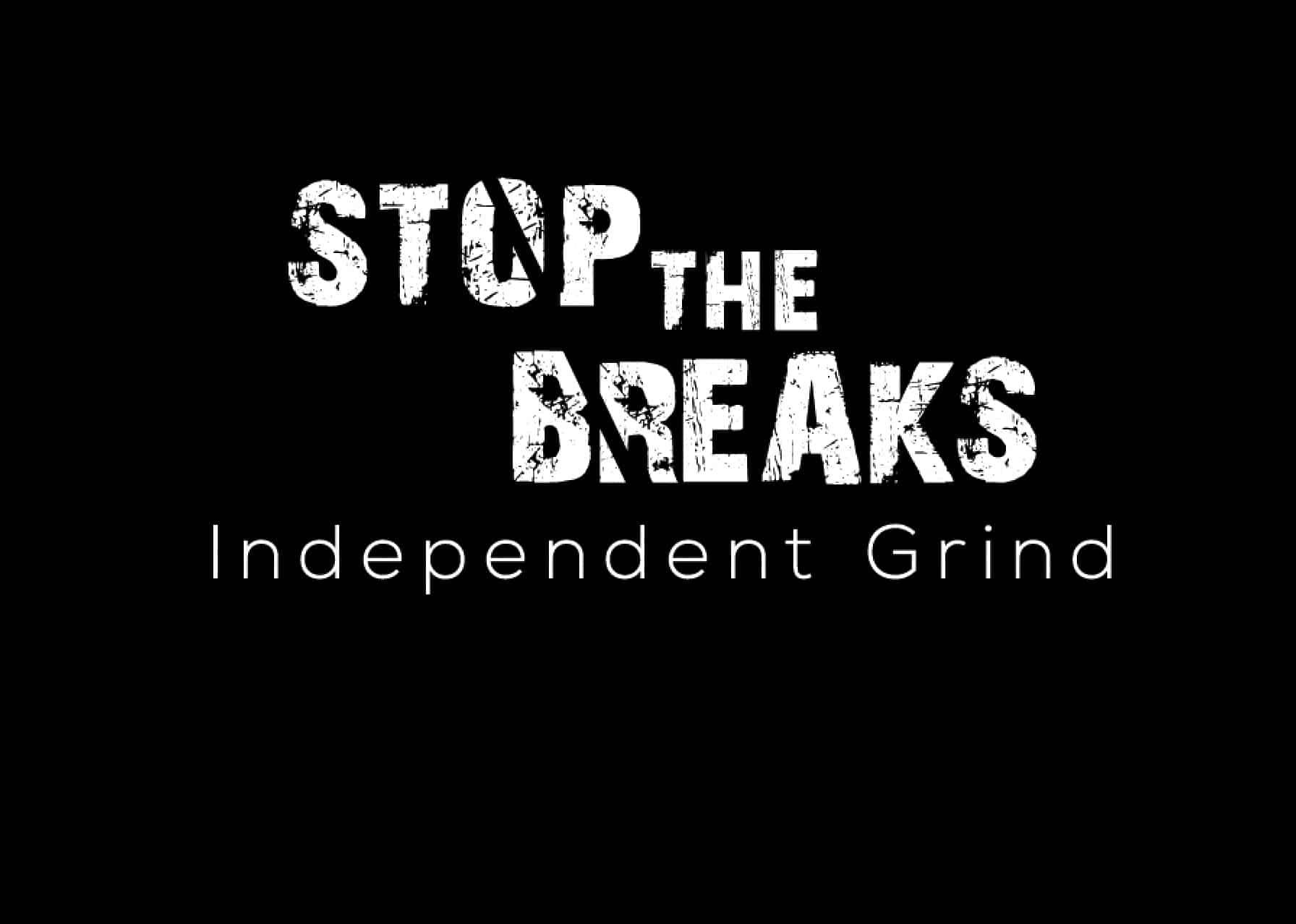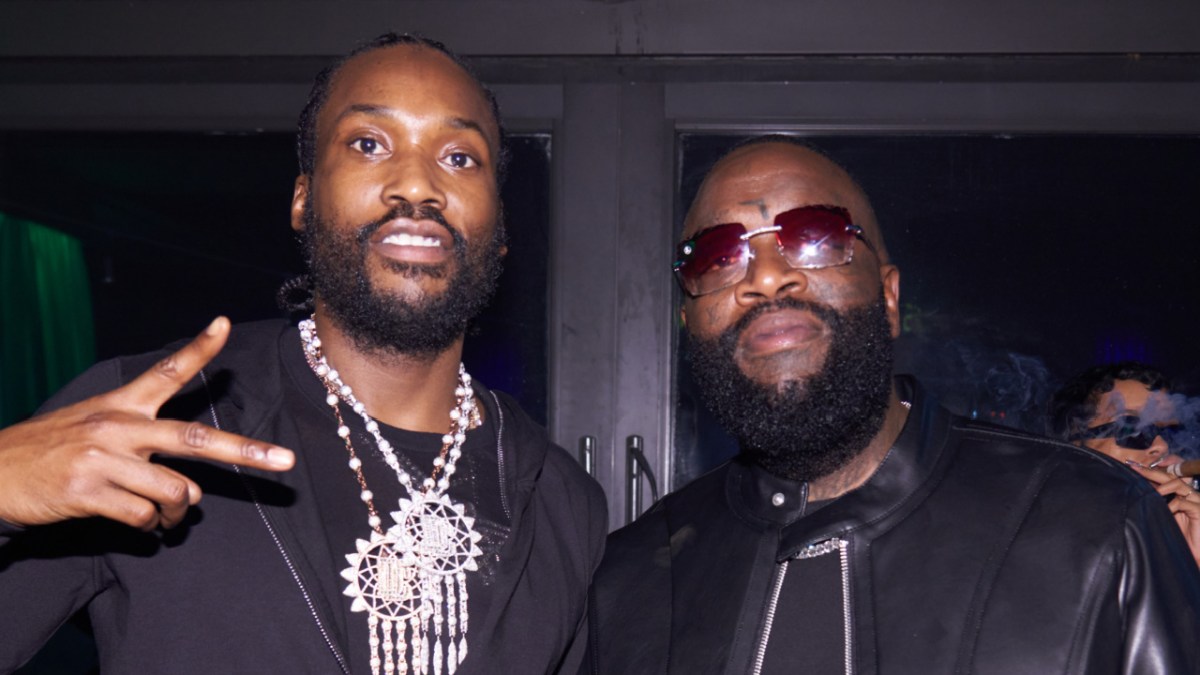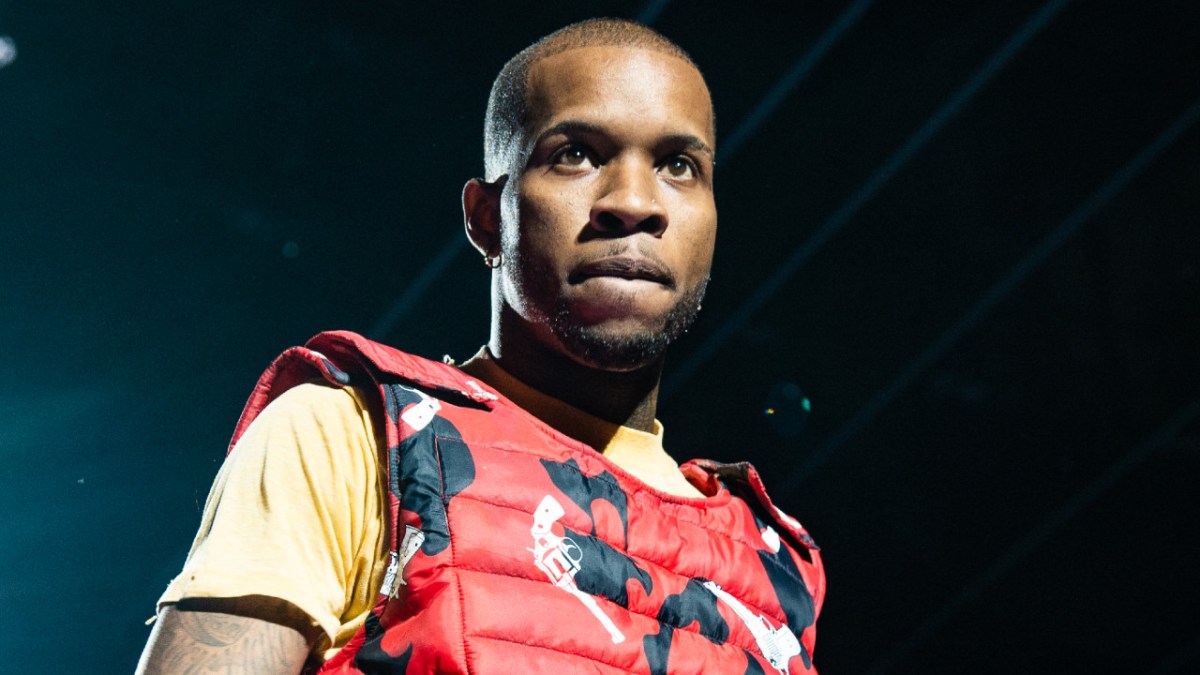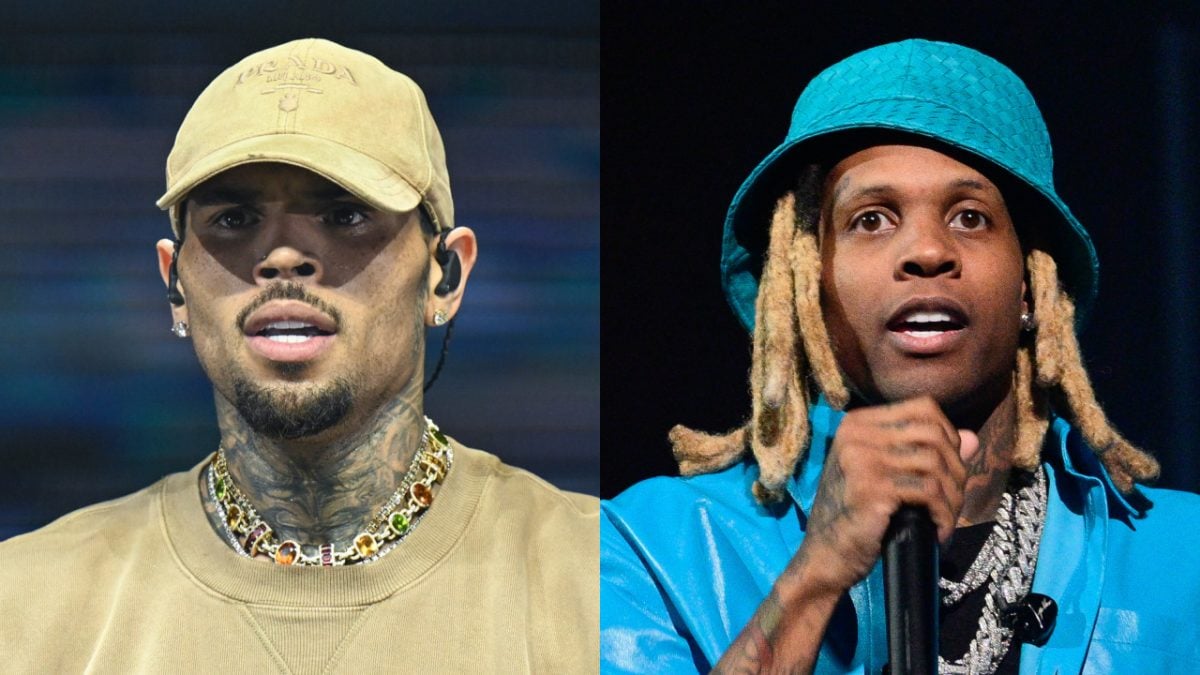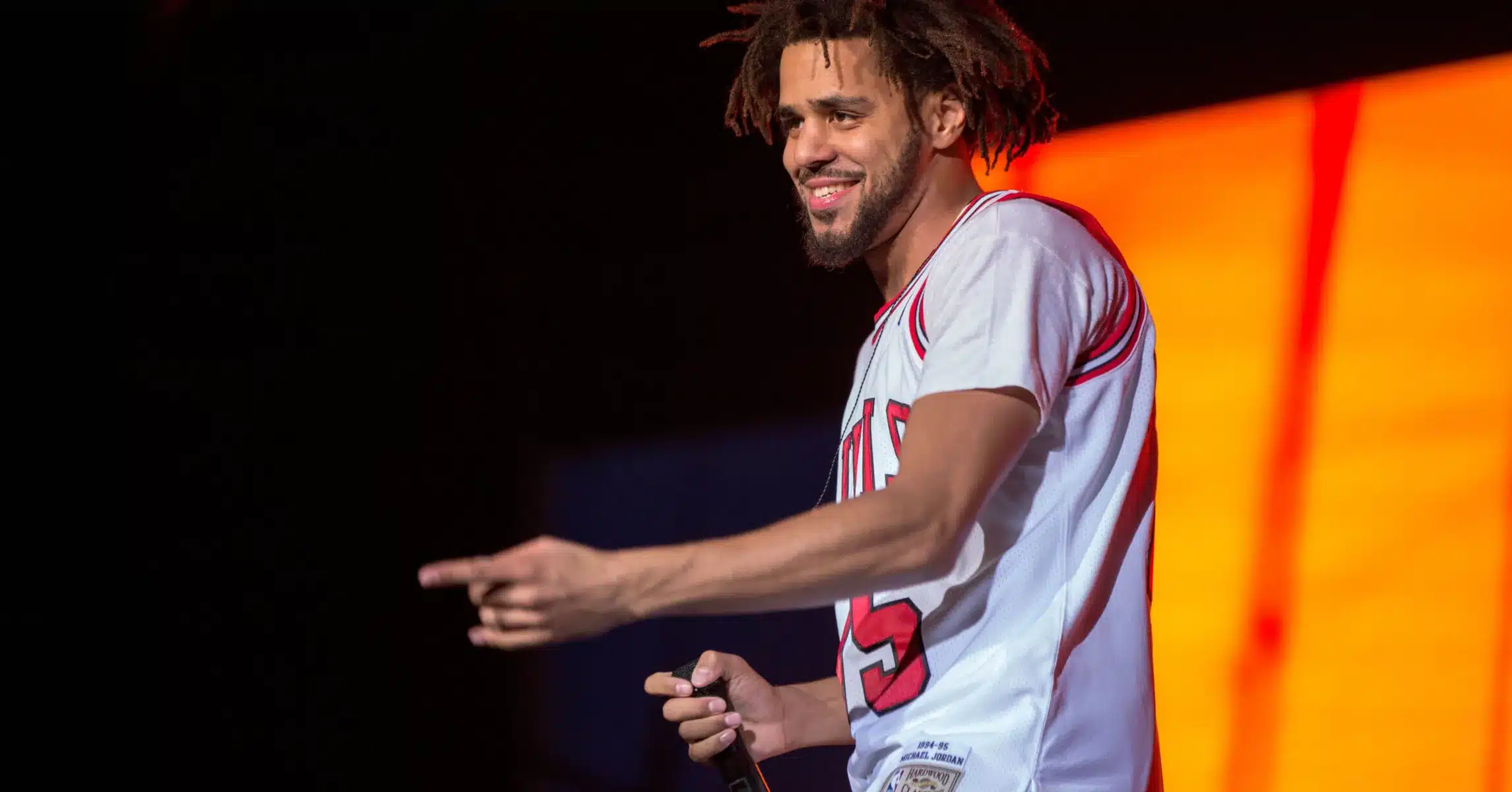In a wild twist of events, Meek Mill allegedly had a run-in with the L.A. Crips at a nightclub. With claims of a $50,000 ransom paid by Rick Ross, this story has taken the internet by storm. Meek, known for his outspoken nature, might have gotten into more than he bargained for.
The drama reportedly unfolded because of some bold tweets. The incident, according to gang member Luce Cannon, occurred when Meek was performing in Los Angeles. What started as a night of music quickly escalated to a tense situation, ultimately involving money exchanges. A supposed street business transaction, as they put it.
Meek Mill’s night out in Los Angeles took an unexpected turn. According to Luce Cannon, Meek’s security vanished as he was approached by the Crips. ‘We caught him at the club where he was performing,’ Cannon recounted. The rapper was allegedly made to call Rick Ross to arrange payment for his release.
The story alleges that the Crips demanded $50,000 from Rick Ross. Cannon claimed the money was needed and that it was ‘just a business transaction.’ The demand for the cash came after an interaction that reportedly left Meek in a precarious position at the nightclub.
Rick Ross apparently complied with the demand, paying the hefty sum to secure Meek’s safety. The incident has sparked controversy and left many questioning the nature of such interactions in the hip-hop world. It’s a situation that highlights the blurred lines between music, street culture, and business.
[twitter-embed-display twitter_url=’https://twitter.com/AkademiksTV/status/1904206779606552926′]
Interestingly, Cannon mentioned that this incident led to a strengthened bond between Meek and fellow artist Nipsey Hussle. They reportedly began to share the same PR, tying them closer together.
The event also allegedly fueled ongoing tensions between Nipsey and Big U. The connection to Nipsey gave a new dimension to the story, intertwining personal relationships and professional rivalries.
This unexpected ordeal put Meek in a different light, showing the complex environment that artists sometimes navigate. The notion of survival and alliances in the music industry paints a vivid picture.
Since the claims surfaced, neither Meek Mill nor Rick Ross have publicly commented. Their silence has fueled speculation and kept fans eager for a response.
Meanwhile, Cannon’s statements continue to stir buzz, with the narrative adding layers to the incident. As of now, the silence from the artists involved only adds mystery to the tale.
This tale has captured the attention of fans and media alike, making it a topic of intense discussion. The absence of official reactions keeps the story alive and intriguing.
Recently, Luce Cannon and Big U were arrested alongside others in a large operation against the Rollin’ 60s Neighborhood Crips. Charges include murder and extortion, raising the stakes.
Prosecutors argue that Big U’s nonprofit organization is a cover for illegal activities. They accuse him of using his position for nefarious purposes, complicating the legal landscape.
This development adds another layer to Cannon’s credibility and the context surrounding the alleged incident with Meek Mill. It raises questions about the authenticity and motivations behind the claims.
In a recorded statement, Big U denied any wrongdoing, framing himself as a victim of circumstance. He portrayed himself as an activist wrongfully accused because of his race and community efforts.
His denials contrast sharply with the allegations, painting a picture of someone embroiled in a fight for his reputation. Despite the accusations, he maintains his innocence.
The narrative around Big U brings a complex dimension to the ongoing saga. His claims push against the narrative shaped by law enforcement and media portrayals.
Before his arrest, Cannon made waves with other unverified claims involving celebrities, including an outrageous story involving Diddy. These past statements complicate his credibility.
Such sensational claims, although lacking evidence, contribute to a complicated persona that continually stirs public interest. His background adds tension to his latest allegations.
This dynamic adds another layer to understanding Cannon’s motives and the truth behind his dramatic stories. It leaves room for skepticism while keeping audiences engaged.
Despite the gravity of the allegations, there is still no official response from Meek Mill or Rick Ross. It’s uncertain if they will acknowledge the claims.
The story continues to thrive on social media, with fans dissecting every detail and sharing their theories. As a result, public discourse remains lively and speculative.
This ongoing mystery keeps audiences returning for updates as they navigate the mix of truth and fiction. The lack of closure makes the saga both entertaining and perplexing.
While the story is captivating, its impact on Meek Mill’s public persona remains uncertain. Such allegations could affect his image in the music industry.
Depending on future developments, Meek’s reputation might take a hit, or the tale could simply become a fascinating footnote in his career.
The potential consequences hang in the balance, contingent on how the involved parties choose to handle the situation. Fans and critics await insights.
The narrative surrounding Meek Mill and the L.A. Crips is a testament to the ongoing tensions between fame, street life, and business.
As more details might emerge, the story serves as a reminder of the volatile environment artists navigate. With silence from key figures, speculation fills the void.
This thrilling incident captures the intersection of various worlds, leaving everyone guessing what’s next for Meek and those involved.
The drama involving Meek Mill and the L.A. Crips paints a vivid picture of the rap world’s complexities. As claims of ransom and street transactions swirl, fans watch closely. With silence from Meek and Ross, the story fuels intrigue and speculation. What seems like a wild tale could have deeper impacts.
